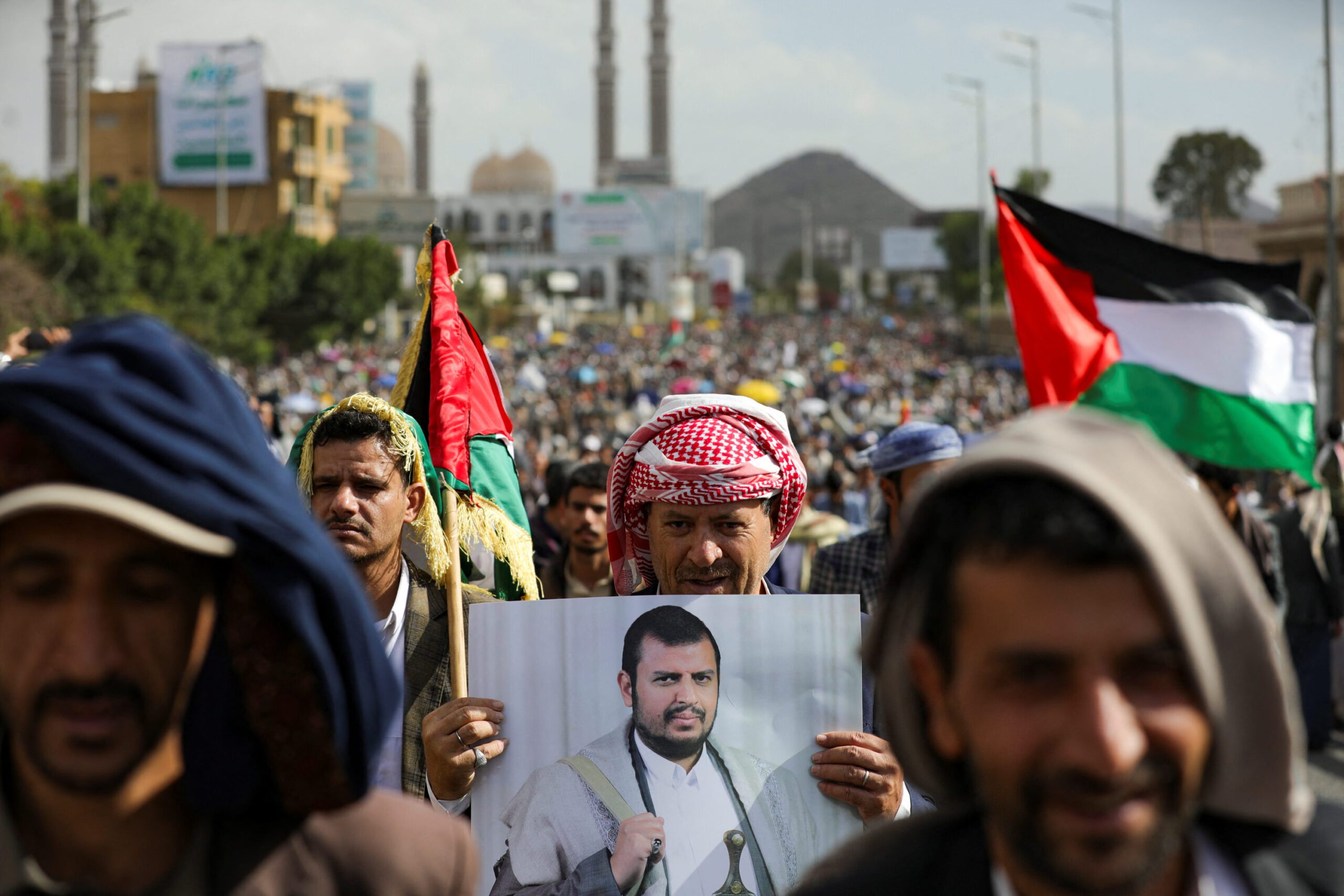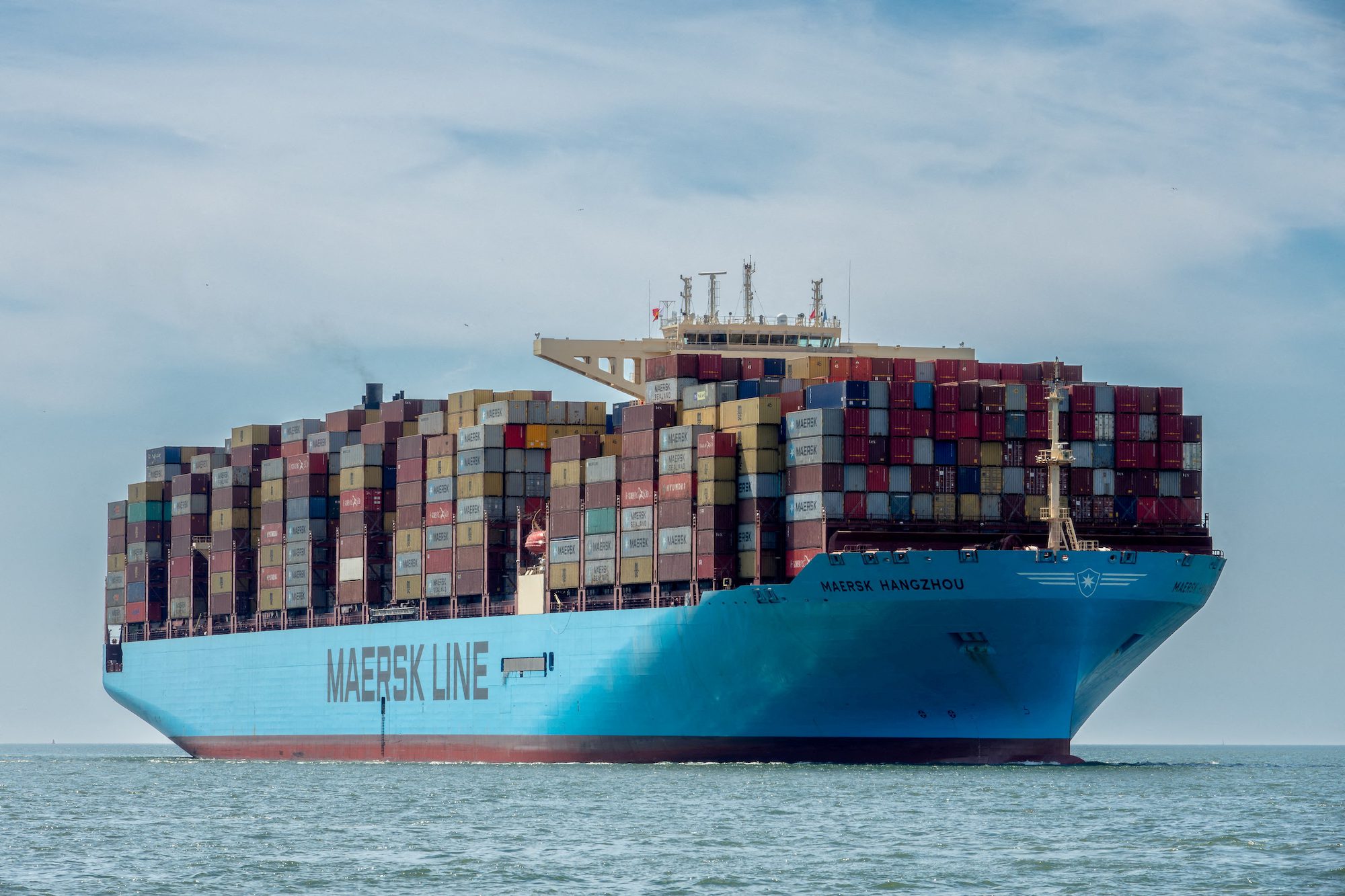The U.S. Department of the Treasury’s Office of Foreign Assets Control (OFAC) has designated two individuals and five entities involved in money laundering and petroleum importation that directly benefit the Houthi organization in Yemen. The targeted network spans operations across Yemen and the United Arab Emirates.
According to Treasury officials, the Iran-backed Houthis generate hundreds of millions of dollars annually by collaborating with Yemeni businessmen to tax petroleum imports, funding their regional destabilization activities.
“The Houthis collaborate with opportunistic businessmen to reap enormous profits from the importation of petroleum products and to enable the group’s access to the international financial system,” said Deputy Secretary of the Treasury Michael Faulkender. “These networks of shady businesses underpin the Houthis’ terrorist machine, and Treasury will use all tools at its disposal to disrupt these schemes.”
Among those sanctioned is Muhammad Al-Sunaydar, described as one of Yemen’s most prominent petroleum importers, who manages a network of petroleum companies between Yemen and the UAE. Al-Sunaydar’s Arkan Mars Petroleum Company reportedly has an agreement with the Houthis to import gas and oil, including Iranian petroleum products, through Houthi-controlled ports. Treasury officials revealed that as recently as June 2025, Iranian-affiliated companies were facilitating payments between the Iranian government and Houthi-affiliated oil companies, including Arkan Mars.
The sanctions also target Yahya Mohammed Al Wazir for money laundering activities benefiting the Houthis, along with Al-Saida Stone for Trading and Agencies, which despite publicly advertising itself as a stationery wholesaler in Sana’a, made suspicious bulk coal purchases totaling approximately six million euros between November and December 2024.
Also designated is Amran Cement Factory, which Treasury officials say provides money laundering capabilities to the Houthis and, since March 2025, has been redirecting cement production to the mountainous Saada region in northern Yemen as part of Houthi efforts to develop and fortify military installations and weapons storage facilities.
Today’s action builds on a series of OFAC actions targeting Houthi revenue generation and weapons procurement over the past year. The U.S. Department of State designated the Houthis as a Specially Designated Global Terrorist group in February 2024 and re-designated them as a Foreign Terrorist Organization in March 2025.
As a result of the sanctions, all property and interests of the designated persons in the United States or in the possession of U.S. persons are blocked and must be reported to OFAC. The sanctions also prohibit transactions by U.S. persons involving any property of blocked persons.

 Join The Club
Join The Club











